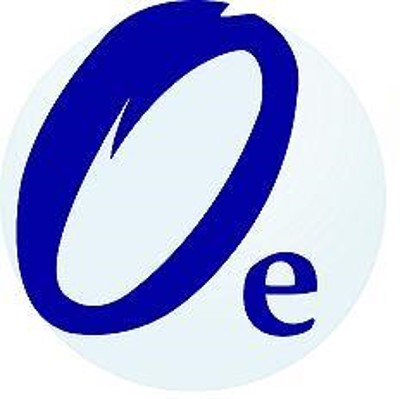How to balance your export ambitions with your risk profile
I can imagine that you are reading sitting in a your nice office in a safe, welcoming place (or maybe at your home office during lockdown) and you see the images from Myanmar where Government forces are shooting civilians and/or hear the stories of the treatment of Uighurs and other ethnic Turkic Muslims by the Chinese government with some trepidation.
Major global brands such as Nike, Adidas, H&M and Burberry are now facing repercussions in China where local partners such as Huawei and Tencent’s WeChat app.
Burberry has been using WeChat (China’s answer to WhatsApp) to encourage shoppers to learn more about the clothes in their ten opulent rooms in their store in Shenzhen by scanning them with a bespoke program designed for the trenchcoat maker. Retailing and export for the 21st century you could say. But…
But because Burberry is a member of the Better Cotton Initiative which exists to make global cotton production better for the people who produce it,
Better for the environment it grows in and better for the sector’s future and who are opposed to the alleged use of slave labour to produce cotton in China, Tencent has now stopped the collaboration. What the future holds no-one knows…

What way forward now for Burberry’s unique shopping experience in China?
One can only wonder whether Burberry’s senior executives have made provisions/plans for such an occurrence or whether Tencent is holding them over a barrel?
What would you have done in these circumstances? Not joined the Better Cotton Initiative reducing the risk of upsetting the Chinese Government but abandoning your purpose and ethos? No linking up so closely with a Chinese business knowing that in reality businesses there have to toe the party line?
No, it is not an easy decision to make, but vital to any business that wants to grow overseas.
My advice to you is to take a serious look at the countries across the world and assess their level of corruption and decide where you feel comfortable doing business. Follow, prepare and be ready for your own actions.
So here is a simple tool you can use to do exactly that:
Transparency International’s Corruption Perceptions Index (CPI). Transparency International is a global movement working in over 100 countries to end the injustice of corruption and their CPI is an index that scores countries on how corrupt their governments are believed to be.
On the list of 180 countries, Denmark and New Zealand are joint leaders as the world’s least corrupt countries and Somalia is at the bottom as the world’s most country. (Burberry’s management should note that China is number 78 on the list!)
Transparency International Corruption Perceptions Index is a useful tool for any exporter.
You can find the Index here Transparency International – Transparency.org
We cannot tell where you should draw a line – that is entirely up to your willingness to take risks as well as in your domestic markets.
Have an open mind to what is happening in the world. Good luck!

